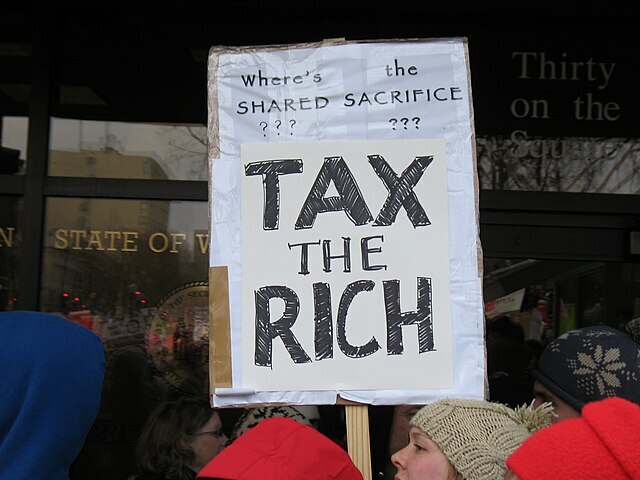The Small Business Administration and Department of Treasury distributed $800 billion of emergency funding via the newly created Paycheck Protection Program (PPP) to save businesses from permanent closure during the Covid pandemic.
Although essentially untargeted, PPP prevented businesses and workers from permanent closure stemming from government mandated lockdowns. During the pandemic, governments told workers to stay home – threatening their financial stability. Jobs in the tourism, leisure, and service industries were disproportionately harmed as these jobs often lacked a remote option.
The PPP loans were for a government-induced emergency and thus provided an exception to the usual rule: Under current law, debt forgiveness counts as income and is subject to taxation.
North Carolina conformed to the federal tax treatment of PPP loans by exempting the loans from the personal income tax. Even so, the state decoupled with the feds by disallowing deductions using the loan.
Recall that North Carolina received $110 billion in federal funds related to the pandemic response. Even if it was legally sound, why should state government receive an additional windfall by taxing PPP loans?
This brings us to the parallel drawn to student loans. Some claim it is hypocritical to support exempting PPP loan forgiveness from taxation but not student loan forgiveness.
But that’s an apples-to-oranges comparison. The government forced many businesses to – at least partially – shut down. The shutdowns cost businesses significant sources of revenue that the PPP loans were designed to replace. If not for being forcibly shut down, many of these businesses would have been profitable. The businesses did not choose to take out PPP loans; they were essentially forced to by virtue of the government-mandated lockdowns.
By contrast, students voluntarily took out loans to fund their education. Student loans are not emergency funding, and students bear the financial burden of their loans. The tax code treats loan forgiveness to an individual as the equivalent of that individual making an extra $10,000 during the year. They should be taxed accordingly.
Even so, the average taxpayer does not usually receive a $10,000 boost in income in a given year. There is room for debate as to when the tax should be due and if it might be more realistic to spread the tax payment over time, similar to the timing that would have been used to repay the loan.
Under the American Rescue Plan Act, student loan forgiveness is not taxed at the federal level. And ultimately, it is up to the state to choose how to conform their tax code. Only seven states plan to tax student loan forgiveness, including North Carolina, but this is likely to be a topic of continued debate.


